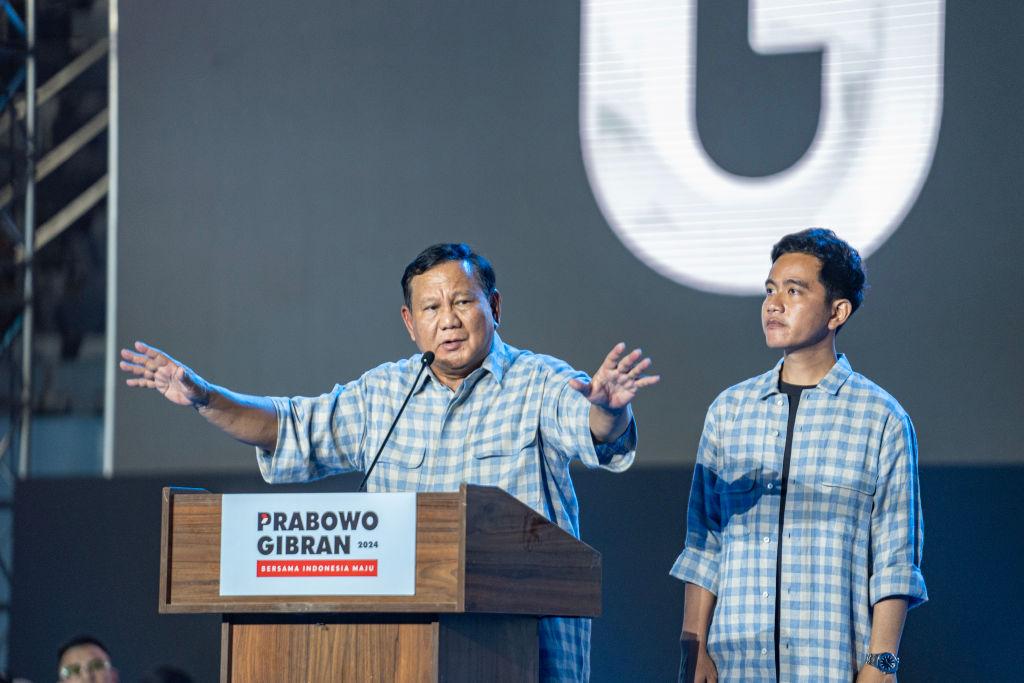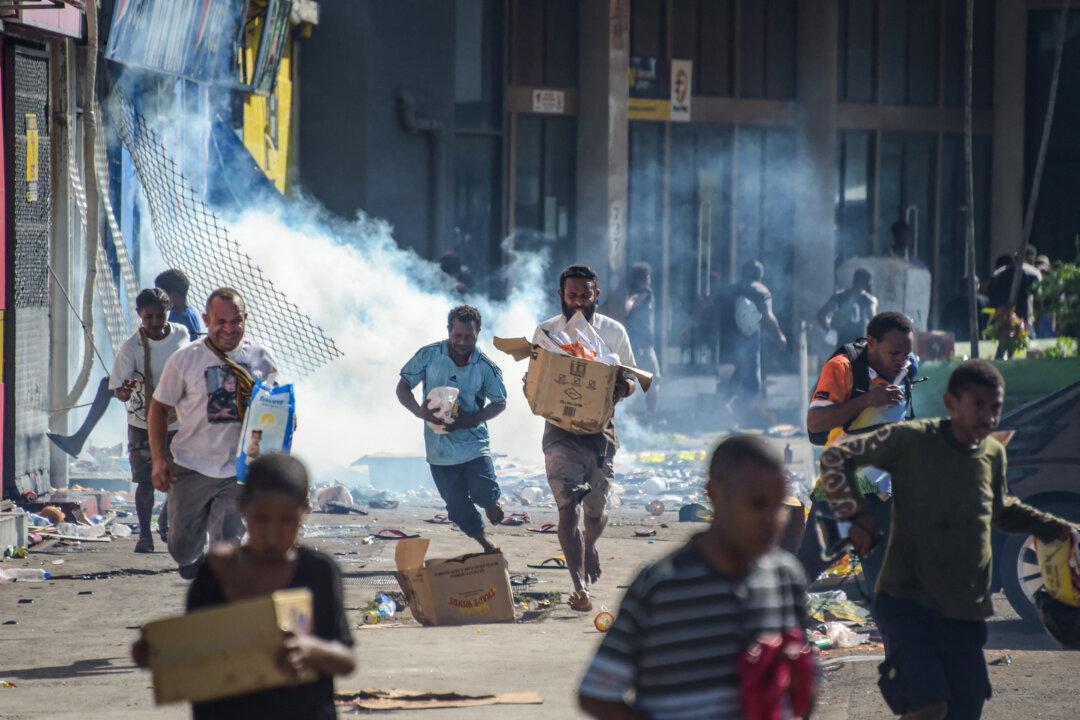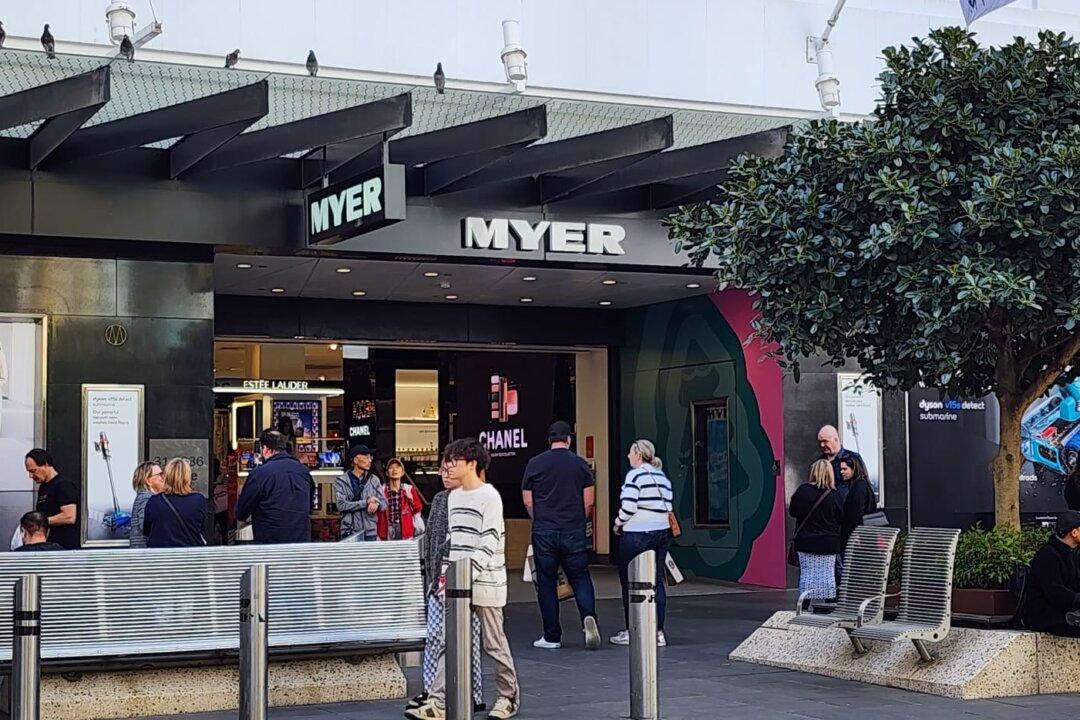Indonesian Defence Minister Prabowo Subianto announced his victory for the Feb. 14 presidential election, with early projections indicating a significant lead over competitors with an estimated 58 percent of votes in early counting.
In a victory speech he said, “This victory should be the victory for all Indonesians … we will assemble a government consisting of the best sons and daughters of Indonesia.”




